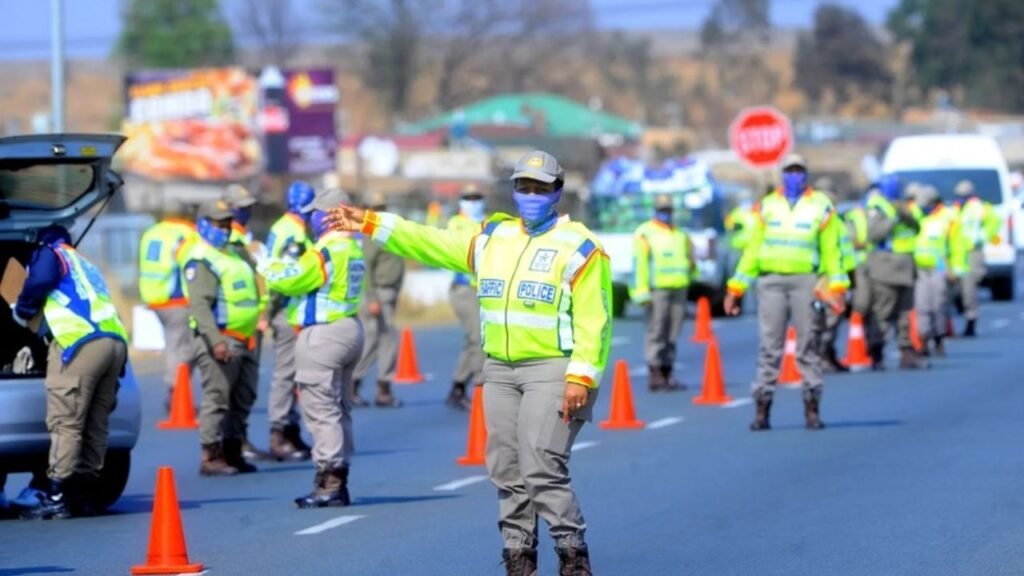In 2025, South Africa introduced one of its most comprehensive overhauls of traffic legislation in decades, aimed squarely at curbing road accidents and improving nationwide road safety standards. These legal reforms are not only significant in scale but are also meant to align the country’s traffic policies with internationally recognized safety benchmarks. The core shift centers on a groundbreaking zero-tolerance policy on alcohol consumption for all drivers.
Zero-Tolerance Alcohol Policy Redefines Driving Norms
The centerpiece of the updated legislation is the newly implemented zero-alcohol rule, which replaces the previously accepted minimal alcohol limit for drivers. Under the former law, motorists were allowed to operate a vehicle with a limited blood alcohol concentration. However, beginning January 1, 2025, any trace of alcohol found in a driver’s system will be considered a legal violation, triggering immediate legal consequences. This development is designed to target and reduce alcohol-related road accidents that continue to plague South African highways.
A Nationwide Crackdown on Drunk Driving Behavior
The shift toward complete alcohol intolerance is a direct response to alarming statistics related to drunk driving and its fatal consequences. Legislators and traffic authorities have made it clear that this move is intended to eliminate ambiguity and subjectivity in enforcement. With the zero-alcohol law now in effect, law enforcement officers can take decisive action without the need to calculate thresholds or interpret limits any detectable alcohol now constitutes an offense.
Harsher Penalties Await Rule Breakers

Alongside the alcohol policy shift, there is a notable tightening of penalties for other serious traffic violations. Offenses such as overspeeding, distracted driving (including the use of mobile phones while behind the wheel), and reckless driving now carry stiffer fines and, in some cases, harsher sentencing. Repeat offenders or those caught in aggravated circumstances could face license suspensions or even imprisonment under the new points-based penalty system.
License Status Will No Longer Provide Legal Cushion
A particularly striking aspect of the amended law is the removal of leniency for drivers based on their licensing history. Whether one is a first-time offender or a long-standing license holder, the consequences will be equally strict under the updated legal framework. The penalty system is now more data-driven and transparent, reducing opportunities for lenient treatment based on subjective discretion.
Revised Rules on Vehicle Use and Road Conduct
The 2025 traffic law changes go beyond alcohol regulation to enforce broader behavioral standards on South African roads. Regulations now demand full compliance with seatbelt usage by all passengers, not just drivers. Additionally, strict speed limits are being introduced in areas with vulnerable populations such as schools and residential zones. These will be policed through the increased deployment of speed cameras and mobile patrol units.
Focus on Roadworthiness and Vehicle Safety
Another key focus of the reform is on vehicle condition and operational safety. All vehicles will be subject to more frequent and thorough inspections to verify roadworthiness. Drivers are expected to take full responsibility for ensuring that their vehicles meet these new criteria, which cover everything from mechanical integrity to emission standards.
Paving the Way for a Safer Driving Culture
Ultimately, these transformative changes reflect South Africa’s commitment to creating safer roadways for all users motorists, passengers, and pedestrians alike. As the country enters a new era of traffic regulation, authorities urge the public to stay informed, adjust their driving behavior, and embrace a culture of responsibility and vigilance. The hope is that through increased compliance and robust enforcement, road fatalities will decrease, making South African roads among the safest in the region.

